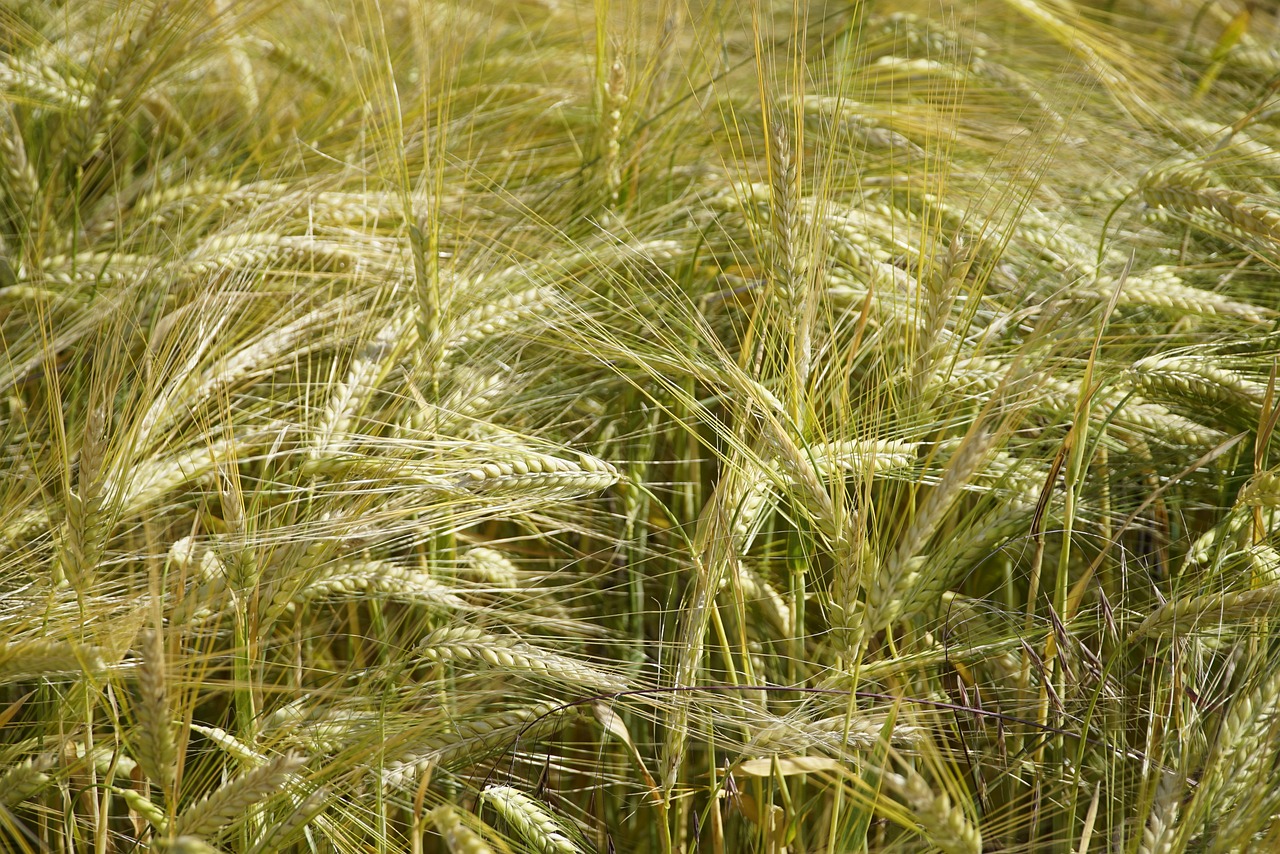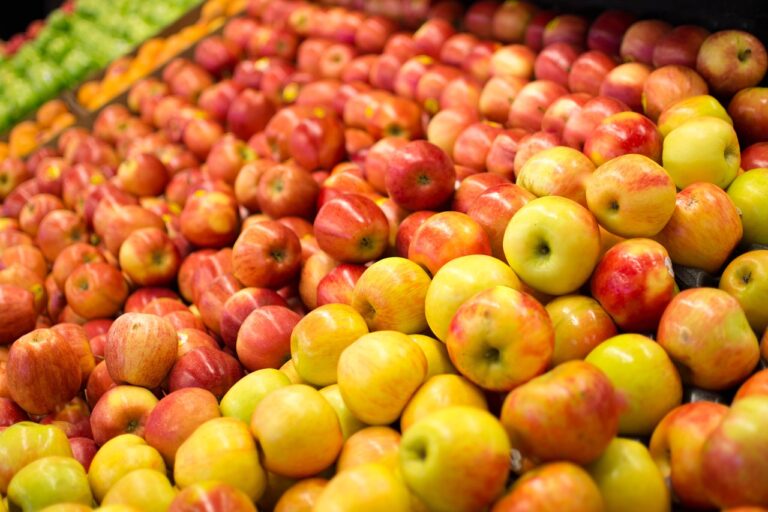The Benefits of Plant-Based Proteins for Health and Sustainability: Bet book 250.com, Radhe exchange login, Yolo247 club login
bet book 250.com, radhe exchange login, yolo247 club login: Plant-based proteins have been gaining popularity in recent years due to their numerous health benefits and positive impact on the environment. Whether you’re a vegetarian, vegan, or simply looking to incorporate more plant-based foods into your diet, there are many reasons to consider adding plant-based proteins to your meals.
In this article, we will discuss the benefits of plant-based proteins for health and sustainability. From improving heart health to reducing greenhouse gas emissions, plant-based proteins offer a wide range of advantages for both our bodies and the planet.
1. Nutritional Benefits of Plant-Based Proteins
Plant-based proteins are rich in essential nutrients such as fiber, vitamins, and minerals. They are also lower in saturated fat and cholesterol compared to animal proteins, making them a healthier option for your heart. Additionally, plant-based proteins are easier to digest and can help support a healthy gut microbiome.
2. Lower Risk of Chronic Diseases
Studies have shown that diets high in plant-based proteins are associated with a lower risk of chronic diseases such as heart disease, diabetes, and certain types of cancer. By replacing animal proteins with plant-based alternatives, you can reduce inflammation in the body and improve overall health outcomes.
3. Weight Management
Plant-based proteins are generally lower in calories and higher in fiber, which can help you feel full and satisfied after meals. By incorporating more plant-based proteins into your diet, you may find it easier to maintain a healthy weight and prevent overeating.
4. Environmental Benefits of Plant-Based Proteins
One of the biggest advantages of plant-based proteins is their lower environmental impact compared to animal proteins. Animal agriculture is a major contributor to greenhouse gas emissions, deforestation, and water pollution. By choosing plant-based proteins, you can help reduce your carbon footprint and support sustainable food production practices.
5. Water Conservation
Producing plant-based proteins generally requires less water compared to raising livestock for meat production. By opting for plant-based protein sources such as beans, lentils, and nuts, you can help conserve water resources and reduce the strain on freshwater ecosystems.
6. Biodiversity Conservation
Intensive animal farming practices often lead to habitat destruction and loss of biodiversity. By transitioning to a plant-based diet, you can help protect natural ecosystems and preserve the diversity of plant and animal species around the world.
7. Ethical Considerations
Many people choose to follow a plant-based diet for ethical reasons, as they are concerned about the welfare of animals raised for food. By opting for plant-based proteins, you can support more humane farming practices and reduce the suffering of animals in the food industry.
8. Variety and Versatility
Plant-based proteins offer a wide range of options to choose from, including beans, lentils, tofu, tempeh, quinoa, nuts, seeds, and plant-based meat substitutes. With so many delicious and nutritious plant-based protein sources available, you can easily incorporate them into your favorite recipes and enjoy a diverse and satisfying diet.
9. Support for Local Farmers
Choosing plant-based proteins can also help support local farmers and promote sustainable agriculture practices. By purchasing locally grown fruits, vegetables, grains, and legumes, you can contribute to a more resilient food system and strengthen your community’s economy.
FAQs
Q: Are plant-based proteins as good as animal proteins for muscle building?
A: Yes, plant-based proteins can be just as effective as animal proteins for muscle building when consumed in adequate amounts and combined with a balanced diet and regular exercise routine. Plant-based protein sources such as soy, quinoa, and hemp seeds are rich in essential amino acids and can help support muscle growth and repair.
Q: Can plant-based proteins provide all the essential nutrients my body needs?
A: Yes, plant-based proteins can provide all the essential nutrients your body needs, including protein, fiber, vitamins, and minerals. By incorporating a variety of plant-based protein sources into your diet, you can ensure that you are meeting your nutritional requirements and maintaining optimal health.
Q: How can I ensure I am getting enough protein on a plant-based diet?
A: To ensure you are getting enough protein on a plant-based diet, focus on incorporating a variety of protein-rich foods into your meals, such as beans, lentils, tofu, tempeh, nuts, seeds, and whole grains. You can also consider supplementing with plant-based protein powders or protein-rich snacks to meet your daily protein needs.
In conclusion, plant-based proteins offer a wide range of health and sustainability benefits that make them a great choice for individuals looking to improve their well-being and reduce their environmental impact. By embracing plant-based protein sources in your diet, you can support your health, protect the planet, and enjoy delicious and nutritious meals that nourish your body and soul.







